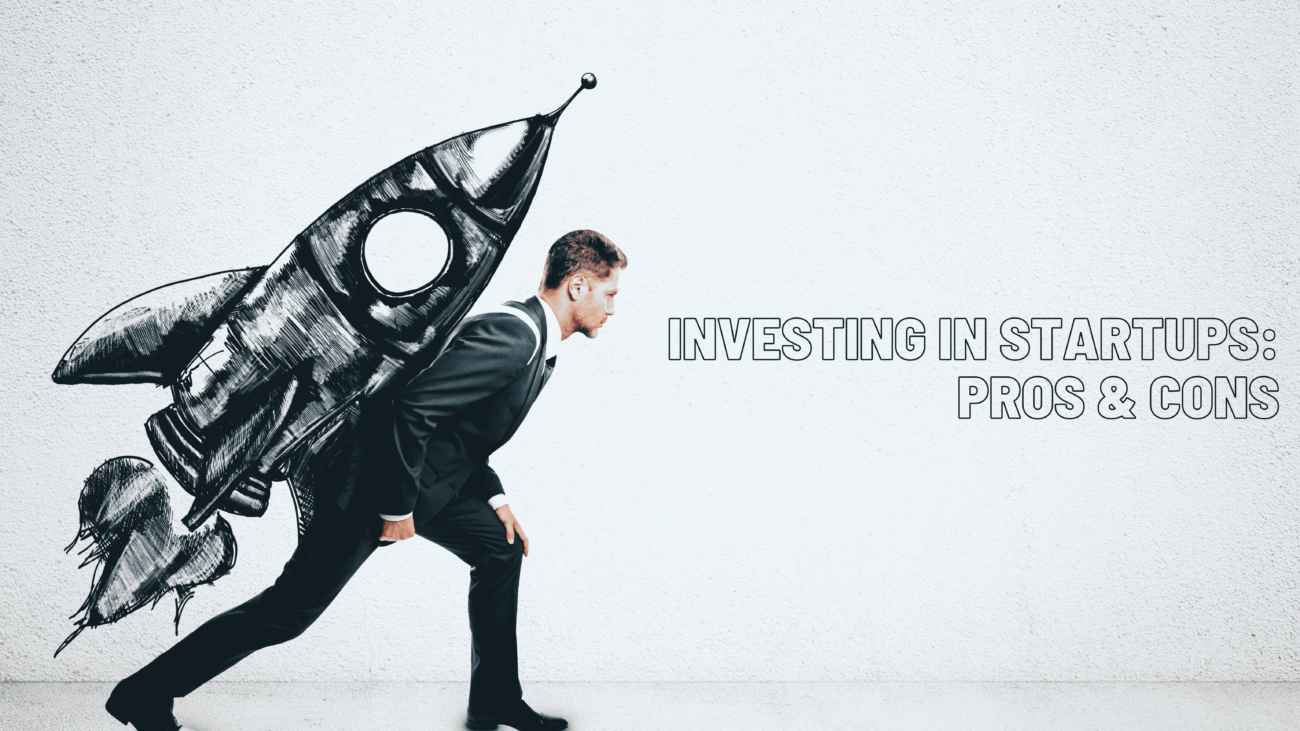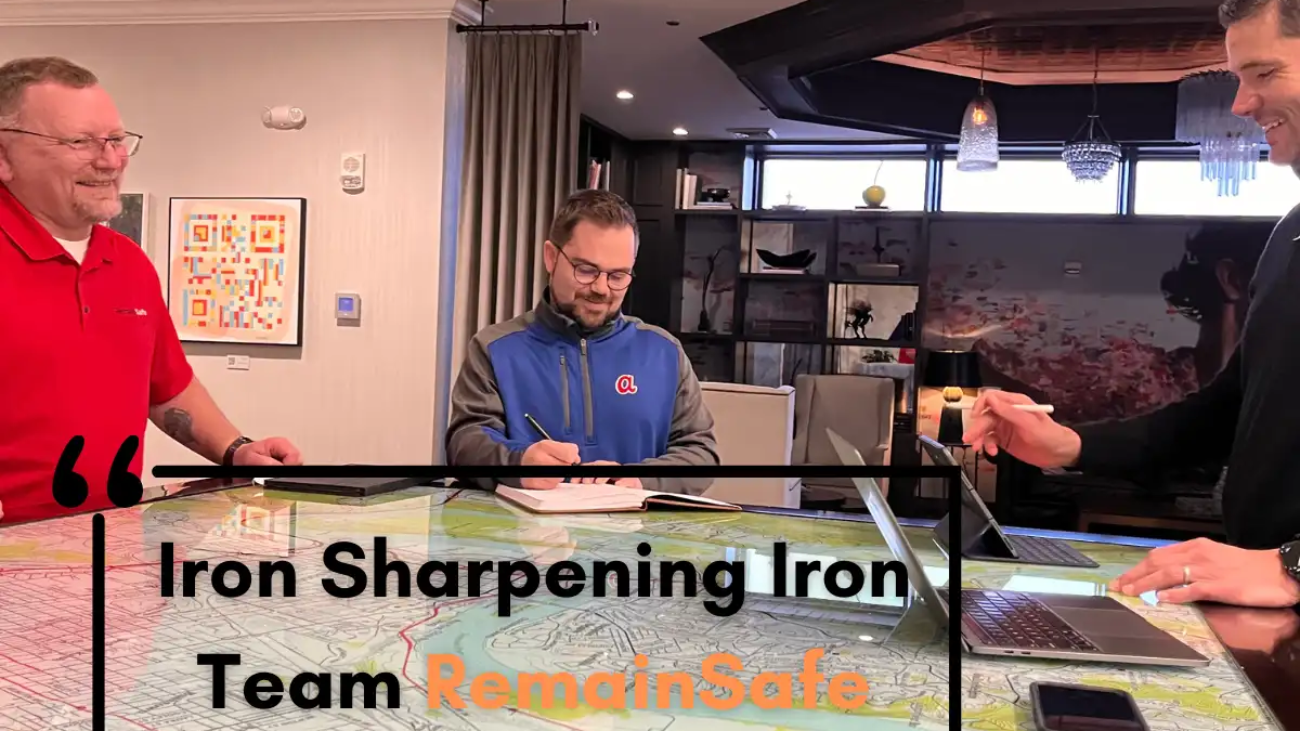We took a brief trip to our nation’s capital and I stumbled upon the “BlackSmith” shop at George Washington’s homesite.
Here is why we chose to use the “BlackSmith” namesake
In my early entrepreneurial days, think 2007 timeframe, we would be driving through heartland looking for business partners and we would routinely see what we termed as “BlackSmiths on the Corner”. We’d stop in, most of the time unannounced, and talk ‘shop’.
The phrase “blacksmith on the corner” likely originates from a time when blacksmiths were a common sight in communities, often operating their businesses from a corner location. Blacksmiths were skilled metalworkers who created a variety of metal goods, from household items to horse shoes, using a forge and anvil.
In the days before mass production and industrialization, blacksmiths played a crucial role in their communities, serving as a vital source of goods and services. The phrase “blacksmith on the corner” likely became a popular way of referring to a local blacksmith and his business, due to the prominence and visibility of their location.
Today, I use the phrase to refer to any small, locally-owned business operating in a community, regardless of the specific trade or profession. The phrase evokes a sense of nostalgia for a simpler time, when small businesses and community connections were more prominent.
Being a “smithy” by name, growing up in small town American, and my fondness for the entrepreneur, the founder, and the business owner led me to Founding BlackSmith Ventures.
After exiting my second venture, I realized that early stage startups were my passion and there was an opportunity to help investors make outsized returns while making impact alongside the early stage founder…
If you fit either the investor or the founder, I’d invite you to reach out, DM me, or connect on any social platform.










